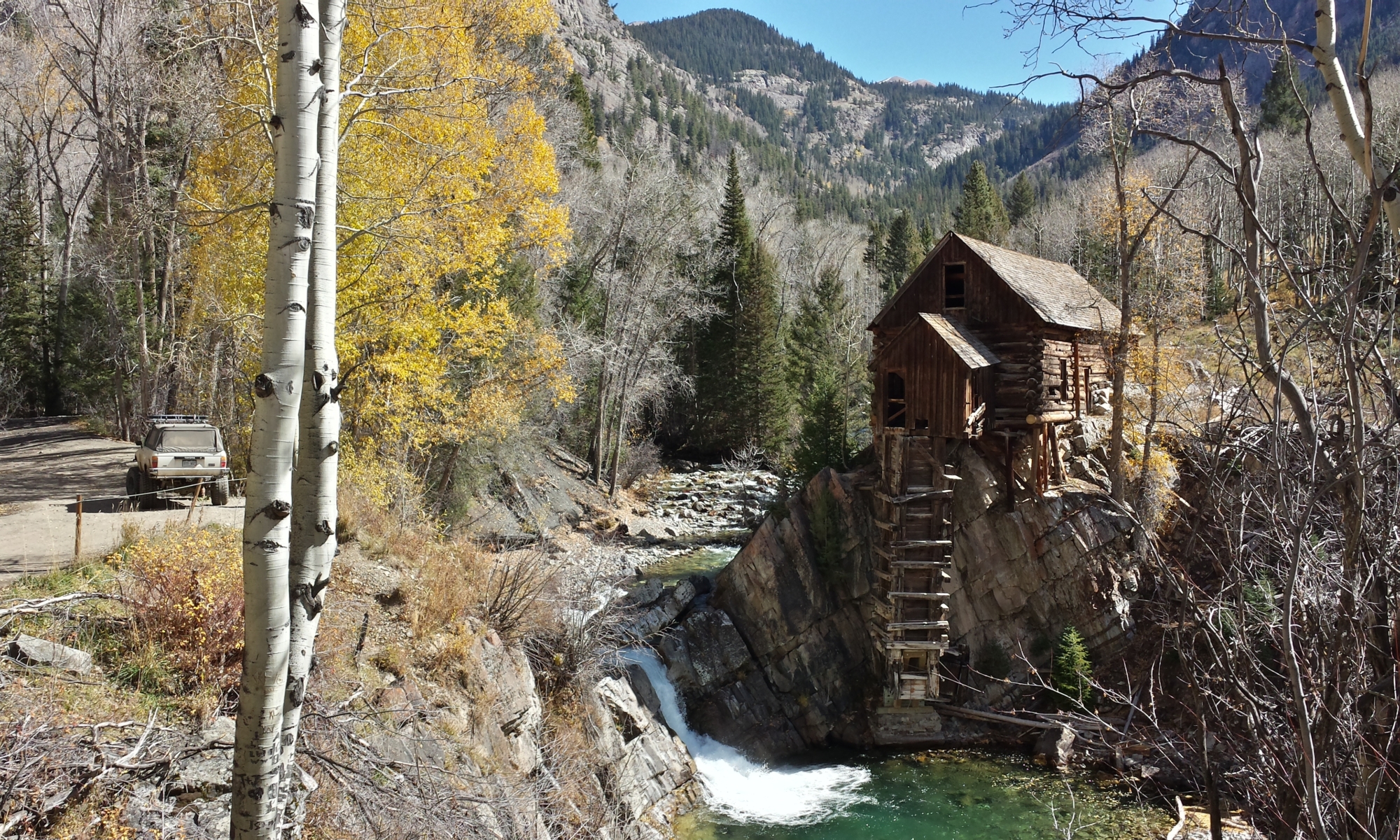Up that road is the old cemetery for the town of Waldo. It was once the Josephine County seat. No longer is this the case. There isn’t even a single house here anymore.
The small roadside memorial reads:
Sailors Diggings
In 1852, English sailors jumped ship in Crescent City to go east in search of rumored gold strikes, and found “color” here at what became known as Sailors Diggin’s. By January 22, 1856, this had become the town of Waldo, the first Territorial seat of Josephine County, with the Post Office established the same year. THe town was named for William Waldo, brother of California Judge Daniel Waldo. With its stores, saloons, billiard halls, boarding houses and hotels, a skating rink, and a bowling alley, Waldo reached a population of 3000, only 1500 of whom were citizens, and 600 were “Celestials,” Chinese who could not become citizens or own gold claims or other property. Oregon’s first water rights were established here***, making Waldo the hub of Oregon’s first hydraulic mining industry.
As the gold played out, many of Waldo’s residents drifted away. In 1919, a land development company sold speculation housing lots and began building a home, which was never completed. In 1927, Waldo was leveled by the giant hydraulic mining water cannons of the placer mines.
The dreams of its residents now gone, only the occupants of the hilltop cemetery remain to watch over the once thriving community of Waldo, Oregon.
This plaque was placed October 8, 2011 by the Umpqua Joe Chapter 1859 of the Ancient and Honorable Order of E Clampus Vitus in cooperation with the Josephine County Historical Society.
This area is remarkably healed for having been hydraulically mined a little less than 100 years ago. No evidence of a town exists. Such is life in old gold towns.



